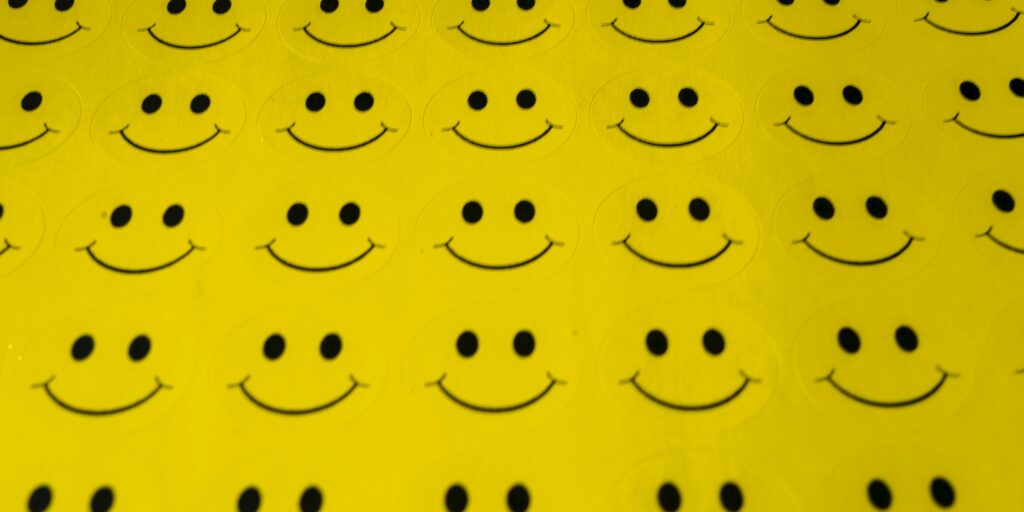
Why You Should Consider Transcranial Magnetic Stimulation Therapy (TMS) For Your Depression
Transcranial magnetic stimulation (TMS) is a non-invasive magnetic coil treatment to determine your brain’s natural electrical activity. Here is a review of why you should consider Transcranial Magnetic Stimulation Therapy (TMS) for your depression.
When is Transcranial Magnetic Stimulation Applied?
TMS usually is a treatment that may assist when other treatments fail to work. It’s additionally a crucial choice as it’s noninvasive. This implies it doesn’t need surgery or interventional procedure.
TMS may additionally provide another choice over treatments, including electroconvulsive therapy (ECT), when ECT is not an option or fails to work.
The ailments that TMS is approved for treatment vary from country to country. TMS holds approval from the U.S. Food and Drug Administration (FDA) to treat four disorders:
- Major depressive disorder (MDD) (like treatment-resistant depression).
- Obsessive-Compulsive Disorder (OCD).
- Smoking Cessation.
To add to the approved conditions, research is continuing to check if it can treat other conditions. Transcranial magnetic stimulation (TMS) is a non-invasive magnetic coil treatment by influencing the brain’s electrical activity. These encompass, but aren’t restricted to:
- Alzheimer’s Disease.
- Bipolar Disorder.
- Borderline Personality Disorder (BPD).
- Chronic Pain.
- Eating Disorders.
- Essential Tremor.
- Parkinson’s Disease.
- Post-Traumatic Stress Disorder (PTSD).
- Stroke Complications.
- Tinnitus or Auditory Hallucinations.
- Traumatic Brain Injury.
What Are the Advantages of TMS?
TMS holds some benefits that render it an excellent treatment. TMS is a useful clinical tool that is effective in patients with depression.
- It’s Non-Invasive. You don’t require surgery to get the procedure, and you can go on working when a session ends. It doesn’t need any anesthesia.
- It’s safe. Your chance of getting a TMS seizure is less than 0.01% for every session. Alternative side effects are often minor.
- It’s effective. The success statistics of TMS vary with each condition, but the research now proves it is effective especially for the treatment of Depression.
- It may rescue lives. One of the conditions that TMS treats, Major Depressive Disorder, might result in death by suicide. TMS may save lives as this can cause improvements in depression symptoms or stops depression entirely.
- TMS may work cooperatively with many other treatments including but not limited to medications, mental health therapies, and more.
What are The Risks, Side Effects, or Complications of Transcranial Magnetic Stimulation?
TMS has very few side effects, dangers, or complications. The highly probable severe side effect of TMS is going through a seizure. The risk of getting a seizure from a TMS treatment is 0.01% or lower than 1 in 10,000.
The highly probable complications, many of which are minor or don’t last more than a few minutes following a session, are:
- Pain, often in your neck or scalp,
- Dizziness and nausea.
- Tingling of the muscles in your scalp or face.
- Temporary Tinnitus (ringing inside your ears).
- Very high sensitivity to sound (Hyperacusis).
What Is the Recovery Period from Transcranial Magnetic Stimulation?
Many users may resume their daily activity or routine instantly following a TMS session. Several users may require a few minutes to allow the side effects to subside, but this is rare.
When Should I See My Healthcare Provider or Get Medical Assistance?
You must consult your treating doctor as soon as you experience any side effects. Skipping sessions can render this treatment to fail.






